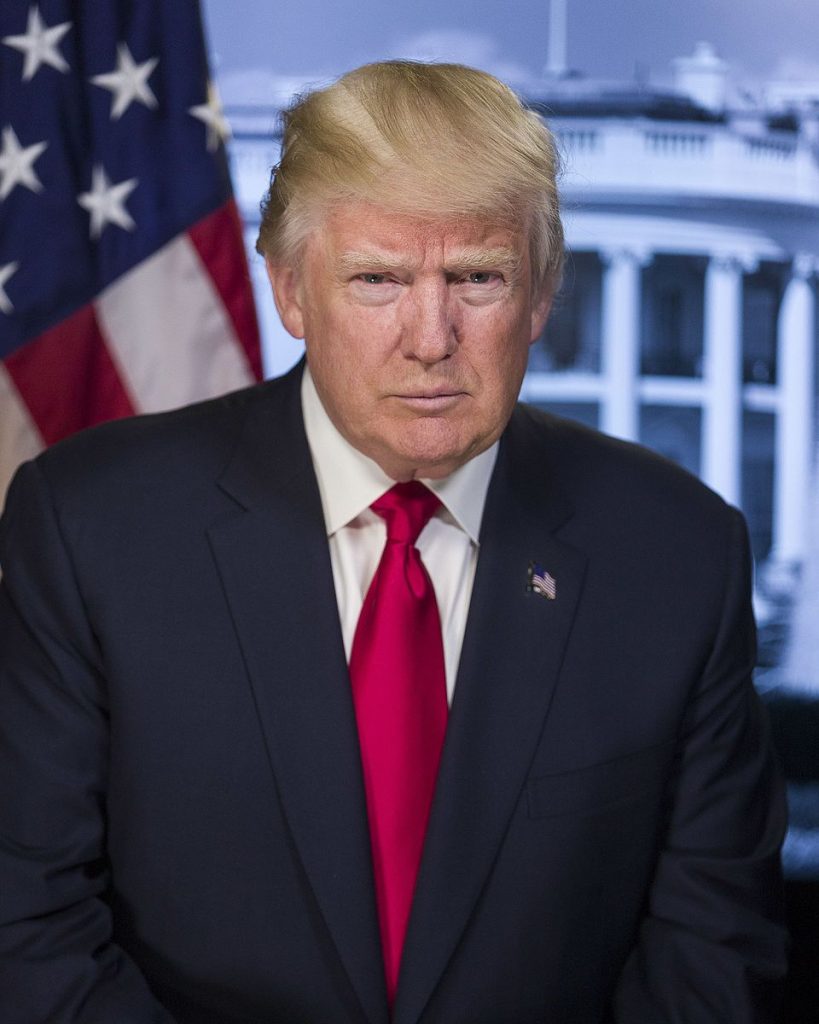Hawai‘i: Trump Travel Ban Unnecessary, Unlawful
Hawai‘i filed a supplemental brief with the U.S. Supreme Court today, which argues that a new memo issued by President Donald Trump on June 14, 2017, has rendered his controversial travel ban and refugee ban both unnecessary and unlawful.
On May 25, 2017, the Fourth Circuit Court of Appeals affirmed an injunction against the travel ban in International Refugee Assistance Project (IRAP) v. Trump.
On June 1, 2017, the Trump Administration asked the U.S. Supreme Court to stay the Fourth Circuit injunction issued in IRAP v. Trump, grant discretionary review (called certiorari) in IRAP v. Trump, and stay the injunction issued by Hawaii federal district court Judge Derrick K. Watson in Hawaii v. Trump.
On June 12, 2017, the Ninth Circuit Court of Appeals affirmed Judge Watson’s order on statutory grounds. The Ninth Circuit upheld the district court’s injunction blocking the travel ban and the refugee ban. The only portions of the district court’s injunction that were not upheld concerned internal studies undertaken by the government and whether the president, rather than his cabinet members, should be named directly. Neither change reduces the effectiveness of the injunction against the travel and refugee bans.
Following the Ninth Circuit’s ruling, the Trump Administration asked the Supreme Court for supplemental briefing to address the Ninth Circuit’s decision. The Trump Administration filed its supplemental brief on June 15, 2017, requesting both a stay of the injunction pending appeal and that the Supreme Court grant certiorari in Hawaii v. Trump, alongside IRAP v. Trump.
Two days after the Ninth Circuit’s decision, on June 14, President Trump had issued a memorandum instructing agencies to begin internal vetting reviews within hours of the Ninth Circuit’s decision taking effect, and to put the travel and refugee bans into effect whenever the remaining injunctions are lifted.
Yesterday, June 19, Judge Watson ordered the injunction to be revised consistent with the Ninth Circuit opinion.
In today’s filing, Hawai‘i argues in part that since the alleged rationales for the bans were to allow the government to conduct these internal vetting reviews, the new memo from the president makes clear that the order’s travel and refugee restrictions are no longer required to accomplish what the government intended.
“The president’s memorandum also empties the present petition for certiorari of any compelling justification,” Hawai‘i asserts. “The government does not explain why this court’s review would be warranted once the supposed purpose of the order—the completion of the vetting upgrade—has lapsed, as it almost surely will have by the time this case is heard in October,”
Hawai‘i’s supplemental brief also states:
“Two Courts of Appeals are now united in enjoining Executive Order No. 13,780—a policy that flouts the limits of executive power, denigrates Muslim-Americans, and threatens the nation’s reputation as a place of refuge for immigrants and refugees alike. … Both courts saw that rationale for the sham that it was, one that can neither mask the order’s denigration of Muslims nor justify ignoring the immigration laws’ finely reticulated limits.”







